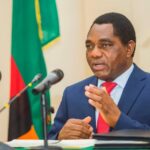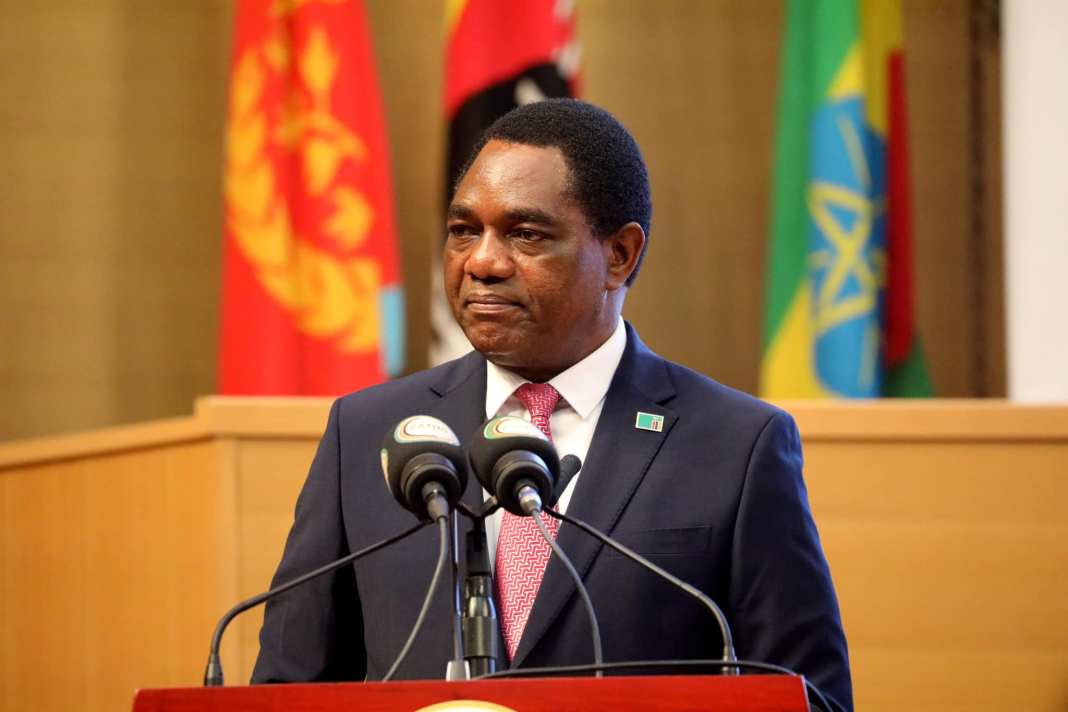On October 20, 2024, President Hakainde Hichilema (HH) officially removed three Constitutional Court judges—Mungeni Mulenga, Annie Sitali, and Palan Mulonda—from their positions following a recommendation by the Judicial Complaints Commission (JCC). The dismissal, announced in a formal letter from the president, came after the JCC investigated allegations of judicial misconduct against the judges. This unprecedented decision has sparked significant political and legal debate across Zambia.
The controversy surrounding the judges first emerged when accusations surfaced that they had engaged in unethical conduct during rulings in politically sensitive cases. Critics accused them of bias and questioned their impartiality, leading to an inquiry by the JCC. Following a thorough investigation, the JCC’s report recommended that the judges be removed from office.
In September 2024, the three judges were suspended from duty, marking the first time sitting Constitutional Court judges had faced such scrutiny in Zambia. The suspension raised concerns about the impartiality of the judiciary, with some viewing the move as politically motivated, while others saw it as a necessary step to ensure judicial integrity.
During the subsequent court hearing, the judges’ defense teams argued that their suspension was part of a broader political strategy. They insisted that the judges had acted within the law, basing their rulings on legal precedents, not political motivations. However, the JCC provided evidence suggesting that the judges had violated judicial ethics, which ultimately led to their dismissal.
The firing of the judges has intensified political tensions in Zambia, with many viewing it as part of President Hichilema’s strategy to dismantle any remnants of former President Edgar Lungu’s influence. Since taking office in 2021, Hichilema has faced opposition from Lungu’s supporters, who remain a powerful force in Zambian politics. The removal of the judges, some of whom were perceived to have ties to Lungu’s administration, has been interpreted by many as an attempt by Hichilema to strengthen his control over the judiciary.
Critics of the decision, particularly those aligned with Lungu’s Patriotic Front (PF), argue that the dismissal is a calculated move to weaken any potential opposition ahead of the 2026 general elections. They claim that HH is seeking to consolidate power by ensuring the judiciary is favorable to his administration.
Nevertheless, Hichilema’s supporters have welcomed the decision, viewing it as a bold step toward judicial reform and accountability. They argue that the removal of the judges demonstrates the president’s commitment to ensuring that the judiciary is free from political bias and upholds the rule of law.
As Zambia prepares for its next election cycle, the dismissal of Mungeni Mulenga, Annie Sitali, and Palan Mulonda is likely to continue fueling debate over the balance of power between the executive and the judiciary. Whether this move strengthens Zambia’s democracy or further polarizes its political landscape remains to be seen. However, it is clear that the struggle between Hichilema and Lungu’s political factions will shape the country’s future for years to come.






